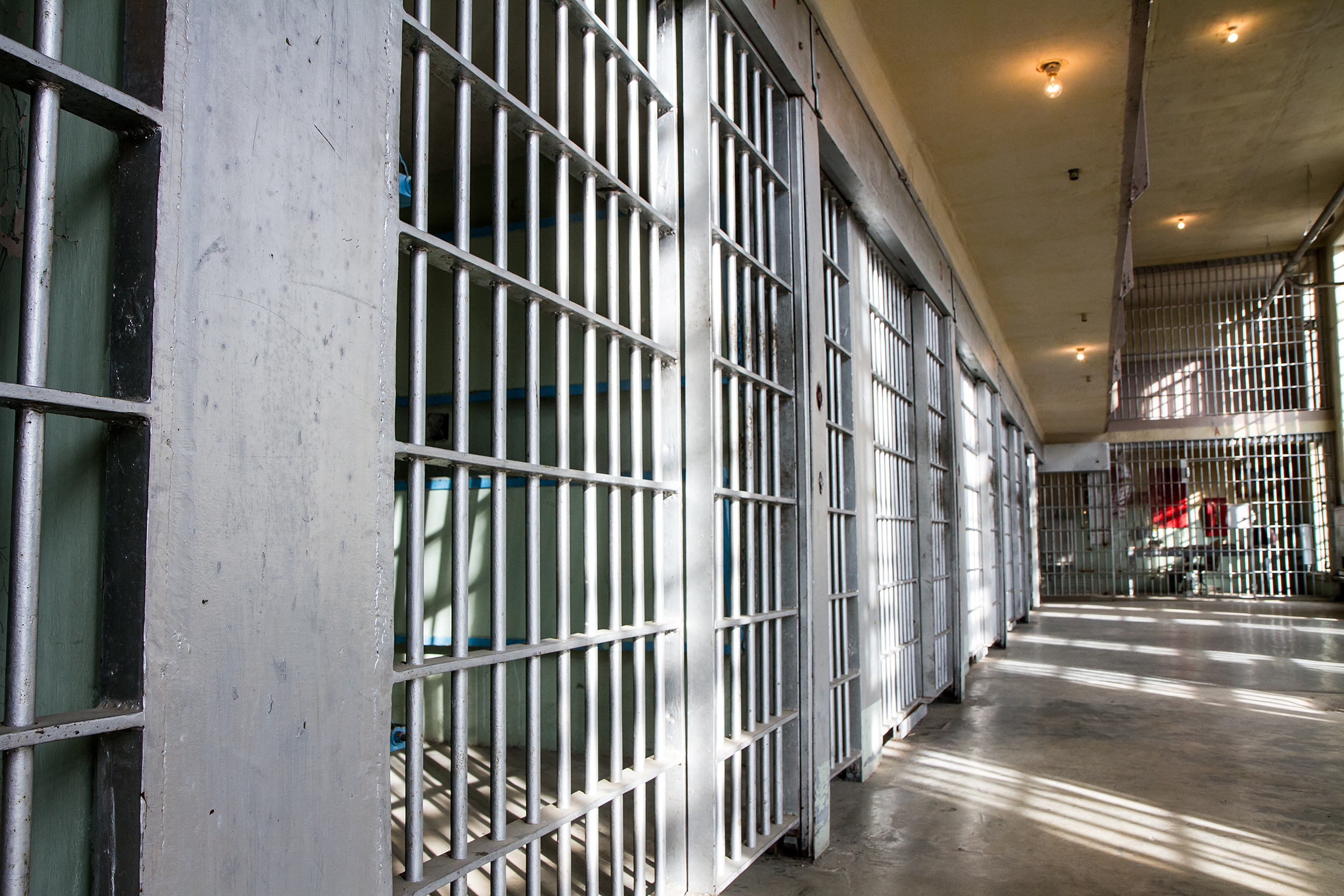
Prison overcrowding is back in the news again. It had not gone away, but we are once more entering a familiar set-piece where bemusement at how this has happened again is coupled with some bewildering political commitments. But although this is not the first time it has happened, there appears to be an increased intensity and potential harm to the overcrowding this time. The Irish Prison Service confirmed on Friday last week that 167 prisoners were forced to sleep on mattresses.
The distribution of overcrowding is not uniform in a prison estate. Despite official overcrowding being recorded at 104%, the Dóchas Centre and Limerick Women’s Prison are operating far in excess of this, and have been since the pandemic ended. During the worst moments of the overcrowding, up to five women were sharing a single cell in the Dóchas Centre.
More than half of the people on mattresses are in Mountjoy Men’s Prison, which was built in 1850 with cells intended for single occupancy. Inspection reports have revealed the dimensions to range between approximately 4 metres by 2 metres or 3.5 metres by 2 metres. (For ease of reference, a space that size would not fit a large vehicle like an SUV.)
Incidences of up to three prisoners in a cells which are designed for one, have been reported in the prison. When two or three people spend long periods of the day locked into a cell together, the close proximity, combined with the high rates of mental ill-health and drug dependency among prison inhabitants, can lead to tense situations which have the potential to become violent.
Another salient issue, as highlighted in an internal memo by a prison health official, is that entry to a cell in the case of an emergency is hindered by mattresses on the floor. Prison staff have to ask prisoners to move their mattress in order to gain access but if both prisoners were incapacitated for whatever reason, entry is impossible. Lives are being placed at risk due to potential delays to a prisoner receiving emergency medical attention.
Population Growth vs Prison Expansion
With the Prison Officers’ Association annual conference today, the Minister for Justice was under pressure to break his silence and respond to the prison overcrowding. The response was both underwhelming and extremely worrying. No lessons have been learned.
In total, the Minister for Justice has committed to provide the funding to increase prison capacity by 620 beds over the next five years: 100 in Castlerea; 190 in Cloverhill; 180 in the Midlands; and 150 in Mountjoy. The primary reasoning provided for this prison expansion project is population growth, particularly future projected growth. But these projections are misleading.
The planned increases in prison capacity far outweigh any future population growth models available to the Department. Combining the preliminary Census 2022 data and the CSO’s populations projection for 2031, the optimistic prediction is for a population of 5.6 million in 2031, an increase of 9.6%. Alternatively, using the more moderate estimate based on reduced fertility rates and inward migration results in a projected change of just 5.3%.
Yet, if we assume that today’s announcement on prison expansion is the only commitment to increasing prison beds for the next decade, it will still represent an increase of 14.1%. This is almost three times the rate of the population projection (5.3%) used by the Pensions Commission. Contemporary Ireland is a place where the Government commits to build three times as many prison cells as we need while building barely one third of the homes required.
Research has shown repeatedly that more prison spaces does not solve overcrowding. Today’s commitment of an additional 620 beds is based on the development of around 400 new cells which is the final nail in the coffin of any ambition for “one prisoner, one cell”. Even the conservative proposal of a cap at 4,000 prisoners is not considered by the Department. We are staring into a future of double-ups, triple-ups and rampant overcrowding.
Diminished Dignity
On Tuesday evening, the Jesuit Centre for Faith and Justice has its annual public lecture delivered by Dr. Suzanne Mulligan, a moral theologian from Maynooth College. During the question-and-answer time, she remarked that the enduring homelessness crisis does not only leave the dignity of those who are homeless diminished, it leaves all of us diminished. To live in a country where having over 3,000 homeless children has become normalised affects my dignity, as any theological understanding of rights is weighted towards our obligations to the vulnerable other.
As a person who spends his day wondering about prisons, this thought naturally led me to prisons. At present, there is little denial that many prisoners are existing in overcrowded and inhumane settings, with limited access to the required psychiatric care, addiction support or education and work opportunities. Women and Travellers exist in the most overcrowded wings and landings within our prisons. This is the society we currently live in but, with today’s announcement by the Minister, this is the society we will also occupy in the future.
Instead, as we continue on this path, we, like the prisoner will find our dignity diminished too.

